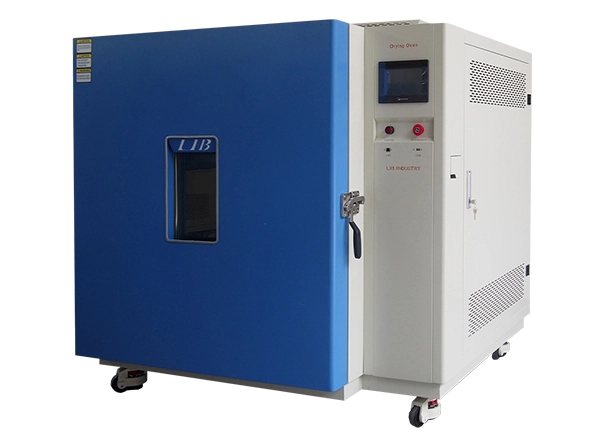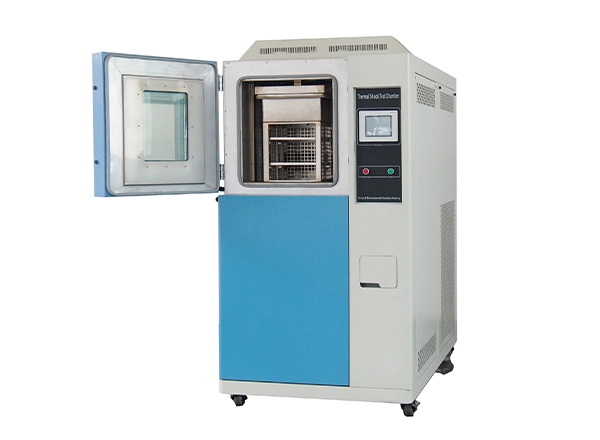

In the realm of product testing, ensuring the durability and longevity of materials in real-world conditions is vital. To achieve this, manufacturers turn to advanced technologies such as Cyclic Corrosion Chambers. These innovative chambers replicate the harsh environmental conditions products may encounter throughout their lifecycle, enabling researchers to accurately assess their resistance to corrosion. In this blog post, we will explore how Cyclic Corrosion Chambers effectively mimic real-world conditions, revolutionizing the way products are tested.
As one type of environmental chambers for sale, Cyclic Corrosion Chambers are enclosed test chambers designed to recreate the cyclic nature of corrosion processes experienced by materials in real-world environments. They combine various environmental factors, including temperature, humidity, salt spray, and drying cycles, to create accelerated corrosion conditions. By subjecting products to these controlled conditions, manufacturers can better understand their performance, longevity, and overall resistance to corrosion.
Cyclic Corrosion Chambers simulate drastic changes in temperature and humidity, mimicking the different climates products may encounter during their lifetime. By exposing test specimens to fluctuating temperatures and humidity levels, manufacturers can evaluate their resilience to thermal expansion and contraction, as well as the effects of moisture on corrosion processes.
Salt spray, a key component in many industrial environments, can significantly accelerate the corrosion process. Cyclic Corrosion Chambers replicate these conditions by exposing specimens to saltwater sprays, ensuring that products are thoroughly tested for their resistance to corrosive agents. This simulation helps manufacturers identify potential weaknesses and make necessary design improvements.
A cyclic corrosion chamber also simulate drying and wetting cycles, which are commonly encountered in real-world conditions. These cycles introduce additional stress to the materials, closely resembling the drying and rehydration processes products go through when exposed to various environments. Assessing the impact of these cycles allows manufacturers to evaluate potential cracking, delamination, or other forms of corrosion.
Cyclic Corrosion Chambers offer a revolutionary approach to product testing by replicating real-world environments in a controlled laboratory setting. By exposing specimens to a range of environmental factors such as temperature variations, humidity, salt spray, and drying cycles, these chambers accurately mimic the corrosive conditions that materials may encounter during their lifecycle. Through the use of Cyclic Corrosion Chambers, manufacturers can ascertain the durability and corrosion resistance of their products, leading to enhanced designs and improved customer satisfaction. Investing in such advanced testing technologies is a testament to the commitment of manufacturers in delivering superior quality and long-lasting products.
 English
English русский
русский français
français العربية
العربية Deutsch
Deutsch Español
Español


